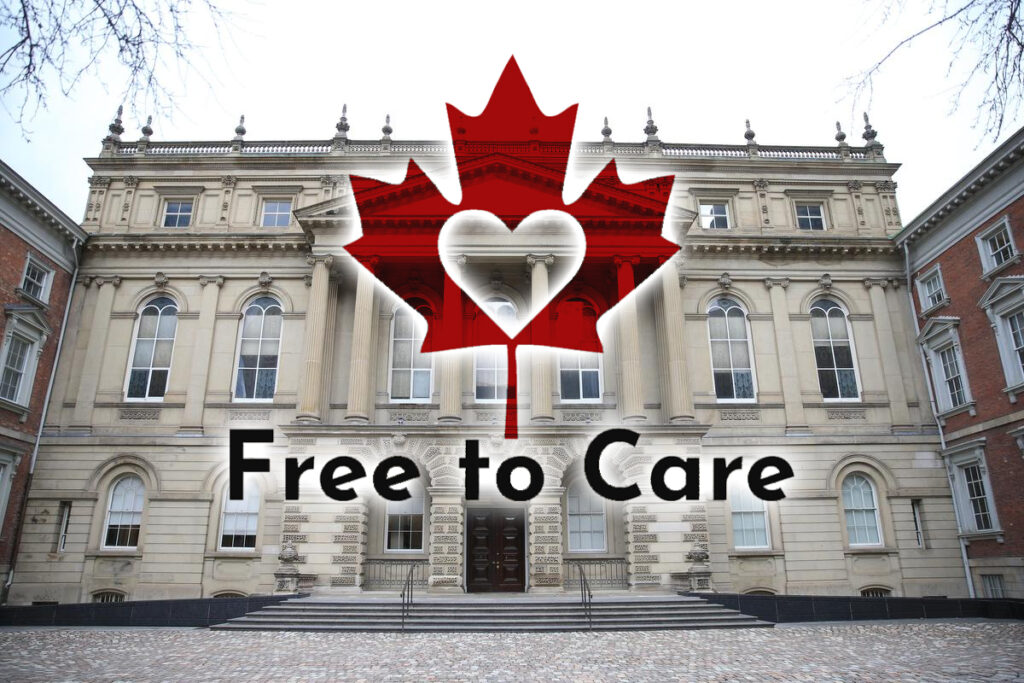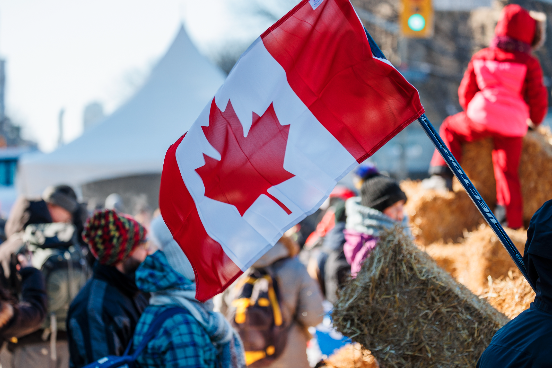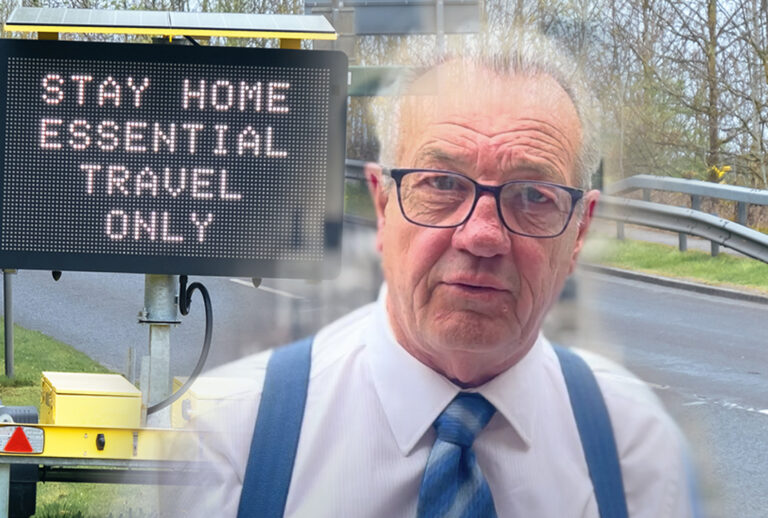TORONTO, ONTARIO: The Justice Centre for Constitutional Freedoms announces that the Free to Care Society of Canada has been granted permission from the Ontario Court of Appeal to intervene in a hate speech case arising from criminal charges against Bill Whatcott, who along with others dressed as “gay zombies”, distributed controversial literature at the 2016 Toronto Pride parade on July 3.
Bill Whatcott was charged with “wilful promotion of hatred” after he and others in “gay zombie” costumes entered the Toronto Pride Parade under a different name and distributed flyers stating that gay sex was dangerous and unhealthy along side images of sexually transmitted diseases and a corpse. The flyer concluded by urging readers to believe in Jesus Christ.
On December 10, 2021, Mr. Whatcott was acquitted following a trial in the Superior Court of Justice in Ontario.
The Crown is now appealing Mr. Whatcott’s acquittal. In its factum, the Crown argues that the trial judge misapplied the meaning of “hatred” and incorrectly excluded evidence from one the Crown’s expert witnesses. The Crown argues that advocating against gay sex is equivalent to advocating for “the eradication” of gay men.
Free to Care is a Canadian ministry which was initially formed to defend religious freedom and to defend the personal choices of Canadians in pursuing the counselling and therapy of their own choice. Free to Care opposes harmful and coercive counselling, and also opposes laws that ban so-called “conversion therapy” but which in fact prohibit freely-chosen support and counseling that some Canadians choose to receive in relation to their same-sex attraction.
Free to Care chose to intervene in the case before the Ontario Court of Appeal, in the words of its founder and spokesperson, Jojo Ruba, “because of the potential implications this case could have, both on our work, as well as in the lives of millions of Canadians who uphold traditional views on sexuality, including those who are members of the LGBT community. Specifically, Free to Care is concerned that, if accepted, the arguments made by the Crown would characterize conversations seeking to persuade others to change their actions or beliefs as criminal hate speech.”
Free to Care does not take a position for or against the acquittal of Mr. Whatcott but seeks to caution the Court against accepting the Crown’s argument that moral disagreement with gay sex is equivalent to advocating for “the eradication” of gay men. Accepting this argument would be an affront to the right of all Canadians to express freely their opinions about sexuality and sexual behaviour. In his affidavit filed with the Court, Mr. Ruba states:
“The presuppositions underlying the claim that simply disagreeing with homosexual sex constitutes advocating the ‘eradication’ of gay people, would, if applied generally by the courts and the law, lead to very concerning and consequential societal outcomes, in Free to Care’s view. If Canadians cannot express objection, even strongly, to the behaviour of other Canadians, important dialogue within and between different cultural, ethnic, political, sexual, and faith groups could be rendered essentially meaningless, harshly sanitized of authenticity essential for providing mutual understanding.”
On May 8, 2023, the Court of Appeal granted Free to Care’s request to intervene in the appeal.
“Canada has a long history of different religious groups living side-by-side peacefully with the freedom to disagree with each other’s practices” says Hatim Kheir, lawyer for Free to Care. “This history stretches back to the Constitution Act of 1867 and is strengthened in the Charter. Our country is built on the idea that the best way to live together peacefully is to give people the freedom to authentically express their views and beliefs and live out their own values.”
The appeal will be heard by the Court of Appeal of Ontario on June 21, 2023.








